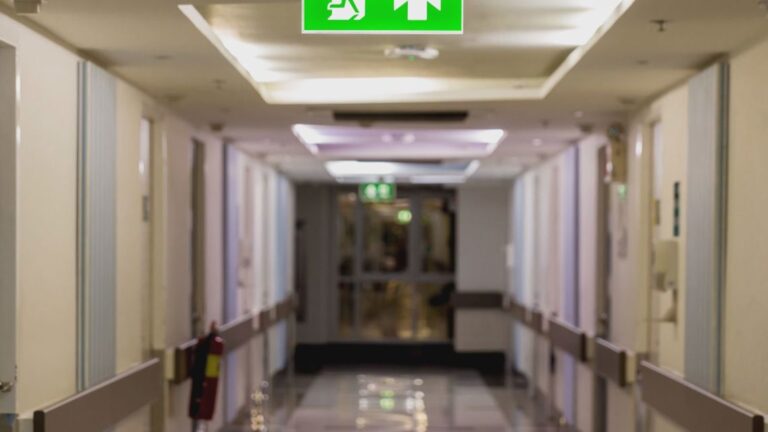In Minnesota emergency rooms, patients experiencing mental health crises can experience delays in treatment for a day or more.
MINNESOTA, USA — Medical experts say a new study confirms what we already know: Some people aren’t getting the medical care they need when they need it.
According to a study by the Minnesota Department of Health and the Wilder Institute, delays in mental health services not only affect patients, but also the system that cares for them.
Kristin Dillon, Wilder’s associate director of research, is a co-author of the study, and her team surveyed 33 emergency departments across the state over a two-week period last fall.
“The most common reason for delayed discharge is a lack of available bed space in a safe environment,” she said.
They found that 18% of behavioral health patients who experienced a transfer or discharge delay during the study period stayed in the hospital, on average, 25 hours longer than necessary.
The main reason for these delays was the unavailability of psychiatric inpatient beds in approximately 60% of cases.
“Delays in inpatient care are also causing backlogs in emergency departments,” Dillon said.
“It’s a long-term challenge that the behavioral health system is not necessarily serving patients well,” said Stephen Gildemeister, MDH’s state health economist. “Ultimately, we hope to help inform policy and funding changes.”
M Health Fairview’s Southdale Hospital in Edina was one of the hospitals that participated in the study.
Their emergency room is different from most others: Their EmPATH unit serves as an extension of the emergency room and is built specifically for people experiencing a mental health crisis.
“It’s quiet and calm,” said Dr. Rich Levine, director of outpatient adult mental health and addiction services. “The lighting is just right to help calm stress and patients can come in without the pressure of an emergency room. Plus, we have therapists, mental health nurses and allied mental health psychiatrists.”
Levine and his colleagues say their unique model could be part of the solution.
“We’ve been able to transition 90 percent of our patients to a less restrictive level of care,” said Michelle Snyder, system director of triage and transition.
Snyder said that means backlogged, expensive hospital beds can be kept away from patients.
Investing in inpatient services is only part of the solution, they say.
“Early intervention is key to people’s long-term stability,” Snyder said.
“I think this study shows that there are multiple reasons why the system has, I shouldn’t say, begun to malfunction for some time,” Levine said.
If you or someone you know is experiencing a mental health crisis, here are some resources you can get help with:
Crisis Text Line – Text “MN” to 741741 (standard data and text rates apply)
Minnesota emergency numbers
National Suicide Prevention Lifeline 988, talk to someone now
Call **CRISIS** (**274747) throughout Minnesota
Trevor Project 866-488-7386


